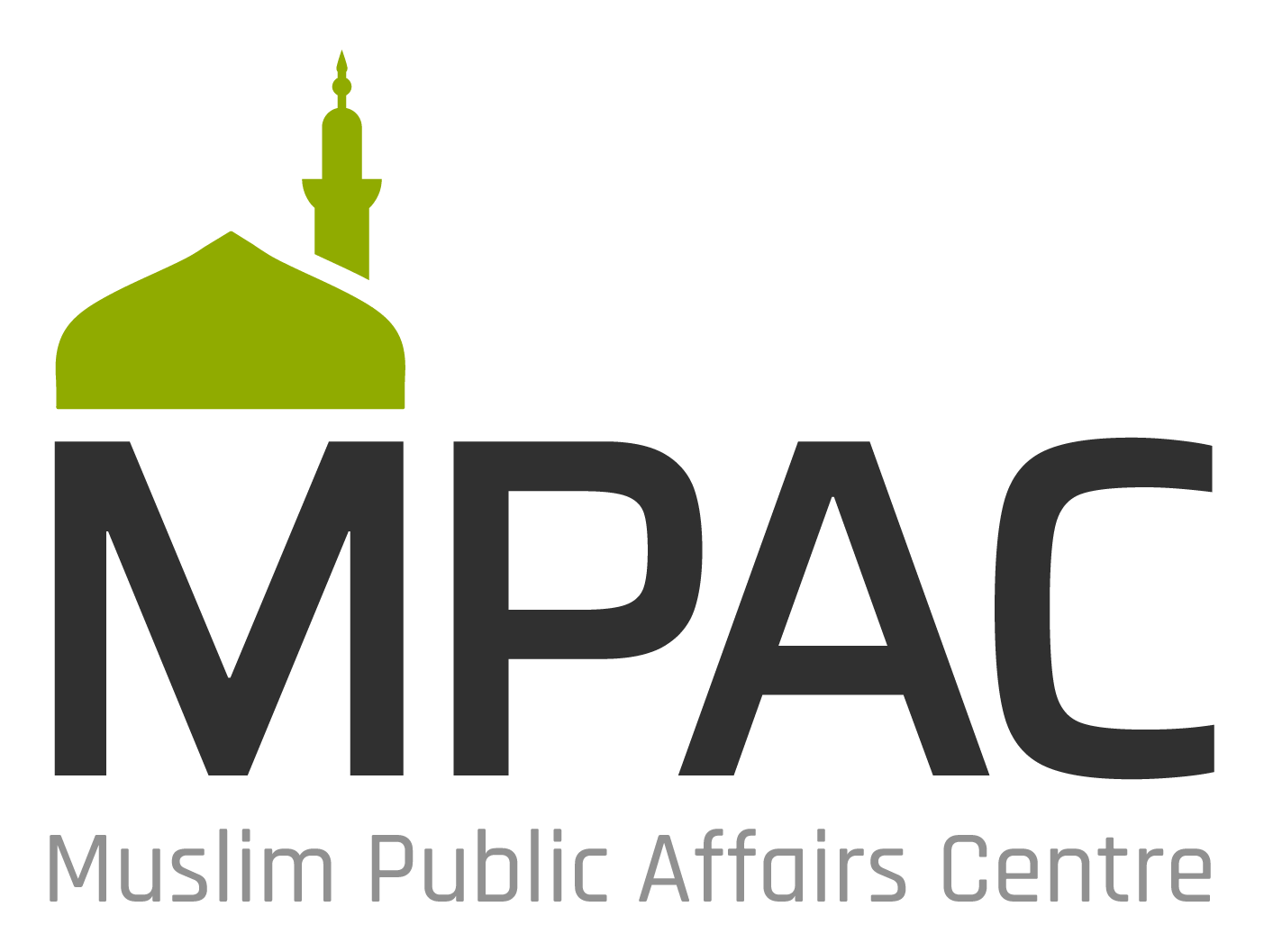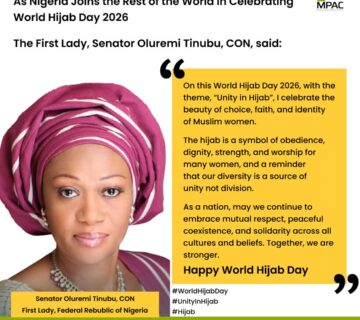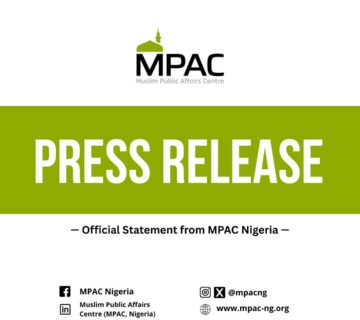In the Name of Allah, the Most Compassionate, the Most Merciful
(Lagos, 09.01.2025) The Muslim Public Affairs Centre (MPAC) stands in solidarity with the Muslim community in Oyo State and across Nigeria as they advocate for the establishment of Shariah panels to address personal matters such as marriage, inheritance, and custody disputes. These panels, based on Islamic principles, provide a framework for resolving issues in a manner consistent with the faith and beliefs of Muslims, without infringing on the rights of others or compromising the nation’s unity.
Recent controversies surrounding the planned establishment of Shariah panels in Oyo State reflect a troubling pattern of misconceptions about Islamic law (Shariah). This opposition often stems from a lack of understanding of the scope and application of Shariah, which is focused on personal matters for Muslims and does not impose itself on non-Muslims.
Shariah panels, like arbitration panels in other legal systems, are voluntary mechanisms aimed at addressing specific civil issues among willing participants. They do not wield enforcement powers but rely on mutual consent. Their purpose aligns with the constitutional guarantee of freedom of religion, allowing Muslims who choose to approach the panel to resolve disputes in accordance with their faith. In itself, Shariah law is not a replacement for the existing legal system but rather a complementary framework that caters to the specific needs of Muslims. The Shariah panels therefore will operate within the existing legal framework, ensuring that the rights of all citizens, regardless of their faith, are protected.
A Call for Constitutional Amendments
MPAC strongly supports the proposal for constitutional amendments to address the gaps in Nigeria’s legal framework that leave many Muslims, especially in the Southern regions, without access to justice under Islamic personal law. The current lack of lower courts or panels catering to such cases creates a legal vacuum, denying Muslims their fundamental rights.
The Constitution of the Federal Republic of Nigeria already recognizes the establishment of Shariah Courts of Appeal in states where they are required. However, these appellate courts need a system of lower courts or panels with original jurisdiction to ensure fair and efficient resolution of disputes. This model, successfully implemented in the Federal Capital Territory, should be extended to other regions with substantial Muslim populations.
Addressing Misconceptions
MPAC acknowledges the concerns raised by some segments of the society regarding Shariah law. However, it is essential to clarify that Shariah panels are not synonymous with the establishment of Shariah criminal courts. They focus solely on civil matters for Muslims and do not impose any legal obligations on non-Muslims. The negative rhetoric, including inflammatory statements such as those recently attributed to certain individuals and groups, undermines the principles of tolerance, unity, and coexistence enshrined in our nation’s founding ideals.
Promoting Equality, Justice, and Peaceful Coexistence
We urge policymakers, stakeholders, and the general public to engage in constructive dialogue that prioritizes the rights and needs of all citizens. Opposition to initiatives that do not affect the rights of non-Muslims but seek to address the legal and spiritual needs of Muslims hinders national development and verges on Islamophobia.
MPAC reiterates its commitment to promoting understanding, fostering unity, and advocating for the rights of Muslim Nigerians. We believe that the establishment of Shariah panels, in accordance with constitutional provisions, will enhance access to justice, strengthen the rule of law, and uphold the values of peaceful coexistence.
Lastly, we urge all stakeholders, including lawmakers, religious leaders, community organizations, and government agencies, to engage in constructive dialogue and support this initiative. By working together, we can promote religious tolerance, understanding, and harmony among all Nigerians.
-The End-
Disu Kamor
Executive Chairman
Muslim Public Affairs Centre
kamor.disu@mpac-ng.org
www.mpac-ng.org





No comment